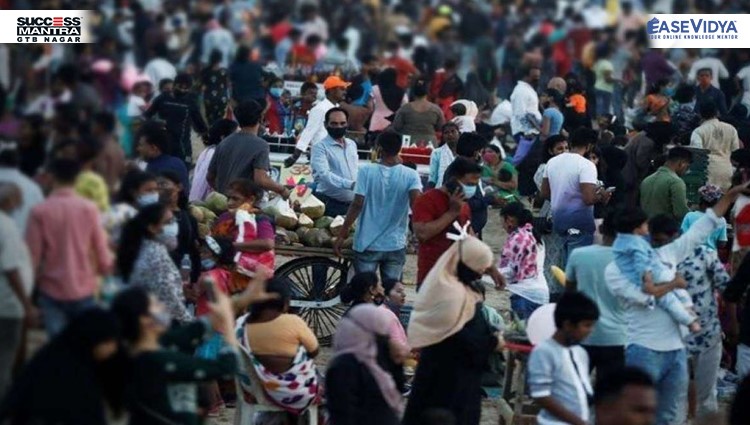
Importance of Caste Census
Importance of Caste Census
Despite the underlying good intentions, positive discrimination has been a controversial topic. Many oppose affirmative actions like reservation; they believe that such provisions only perpetuate caste differences and they call for a “casteless society”.
- But, as Justice D.Y. Chandrachud pointed out, “castelessness” is a privilege that only the upper caste can afford because their caste privilege has already translated into social, political and economic capital.
- On the other hand, individuals who belong to the lower castes must retain their caste identity in order to claim the benefits of measures such as reservation, which recognise historic harm.
Need of the hour
The faith of our citizens cannot be restored until credible exercises of data collection are undertaken regarding caste.
- Even though data concerning the Scheduled Castes and Scheduled Tribes have been included in the Census, there is no similar data on OBCs.
- The Socio-Economic and Caste Census (SECC) conducted in 2011 has been called “faulty” and “unreliable”.
- Even the Mandal Commission’s recommendations were criticised as being based merely on the “personal knowledge” of the members of the commission and sample surveys.
Why caste- based census?
The Union government had told the Supreme Court that the caste based data enumerated in the Socio-Economic Caste Census (SECC) of 2011 was “unusable”, but in 2016, the Registrar-General and Census Commissioner of India had informed the Standing Committee on Rural Development that 98.87% of the data on individual caste and religion was “error free”.
Why is the data “unusable” ?
- The government had said that the total number of castes surveyed in 1931 was 4,147, while the SECC figures show that there are more than 46 lakh different castes. Assuming that some castes may bifurcate into sub-castes, the total number can not be exponentially high to this extent.
- The entire exercise was corrupted because the enumerators had used different spellings for the same castes. In many cases the respondents, the government said, had refused to divulge their castes.
Supreme Court observations
In the Indra Sawhney case, the Supreme Court held that the States must conclude the “backwardness” of a particular class of people only after proper assessment and objective evaluation.
- It held that such a conclusion must be subject to periodic review by a permanent body of experts.
How have caste details been collected so far?
- While SC/ST details are collected as part of the census, details of other castes are not collected by the enumerators. The main method is by self-declaration to the enumerator.
- So far, backward classes commissions in various States have been conducting their own counts to ascertain the population of backward castes.
What is SECC 2011?
The socio economic caste census 2011, was a major exercise to obtain data about the socio-economic status of various communities.
- It had two components: a survey of the rural and urban households and ranking of these households based on pre-set parameters, and a caste census.
- However, only the details of the economic conditions of the people in rural and urban households were released. The caste data has not been released till now.
Difference between Census & SECC
- The Census provides a portrait of the Indian population, while the SECC is a tool to identify beneficiaries of state support.
- Since the Census falls under the Census Act of 1948, all data are considered confidential, whereas all the personal information given in the SECC is open for use by Government departments to grant and/or restrict benefits to households.
Pros
The precise number of the population of each caste would help tailor the reservation policy to ensure equitable representation of all of them.
Concerns
- There is a possibility that it will lead to heartburn among some sections and spawn demands for larger or separate quotas.
- It has been alleged that the mere act of labelling persons as belonging to a caste tends to perpetuate the system.













0 Comment